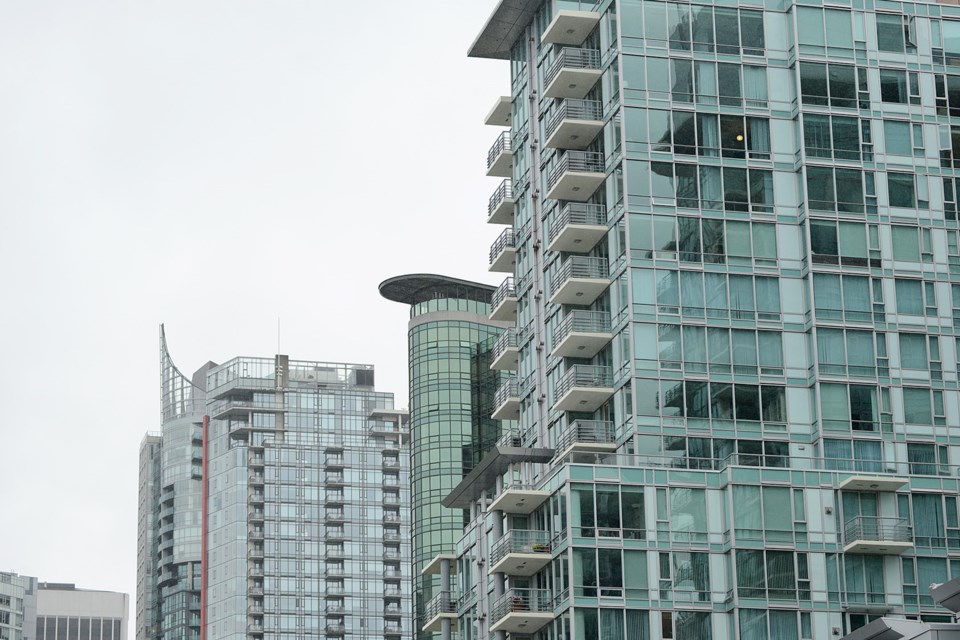In a recent entry, I provided you with some details regarding COPE mayoral candidate Meena Wong’s plan to tax absentee homeowners.
I also mentioned Mayor Gregor Robertson floated the same idea when he first ran for the big chair in 2008. He backed off on a so-called speculators’ tax during that campaign and never explained why.
I promised you I would ask for an explanation next time I saw him.
I saw Robertson last week at Grandview Park, where he and some other Vision candidates released the party’s “affordability agenda,” which promises 4,000 rental units over the next four years, more two and three bedroom apartments, 1,000 new child care spaces and free beginner swim lessons for children 14 and under.
After us media types cross-examined him about his agenda, Robertson was good enough to take questions on other topics. So I asked him why he backed off on a speculators’ tax.
This was his reply:
“Well, there has not been rigorous data brought forward on how many empty homes, what percentage of the year they empty or how significant this problem is in Vancouver. So we created an affordable housing agency this year to do that rigorous research and we need to understand what the data really is — how many homes are vacant, how significant is this problem and how it is impacting people who live in Vancouver. There’s a ton of anecdotal evidence, people are concerned seeing empty homes and empty condos around the city.”
The mayor expects the data to be available in the new year and he wants to review it before “we take direct action that might affect the housing supply.”
His NPA challenger, Kirk LaPointe, has said pretty much the same thing and promised a study on the topic in the first few months in office. The study would also give guidance on enforceable options, “if we need to act,” LaPointe told reporters Tuesday at a press conference. But he also acknowledged this: “Bearing in mind, there’s very little in our jurisdiction to deal with foreign ownership.”
Anyway, south of the border in one of my favourite California cities, there’s a similar conversation occurring about invoking a steep tax on property owners who resell residential buildings within five years of buying them.
In San Francisco, that conversation has led to a vote next month where residents will decide on whether to go ahead with the initiative, which is commonly known in that city as Proposition G.
From my limited research on the topic, I learned the tax would range from 14 to 24 per cent on certain multi-unit residential properties that are sold within five years of purchase or transfer.
The idea is to stop evictions, or “renovictions” as we know them in Vancouver.
I read a New York Times’ article on the subject where reporter Ian Lovett quoted Eric Mar, the city supervisor who sponsored the initiative. Mar said this at a rally: “This is about stopping the crazy, insane housing crisis and rent increases in our city, and making sure we protect neighbourhoods that are being changed before our eyes every day. It won’t stop the flipping or the speculation, but it will be a strong message that displacement is wrong and we will fight for our communities.”
Sound familiar, Vancouver?
twitter.com/Howellings



